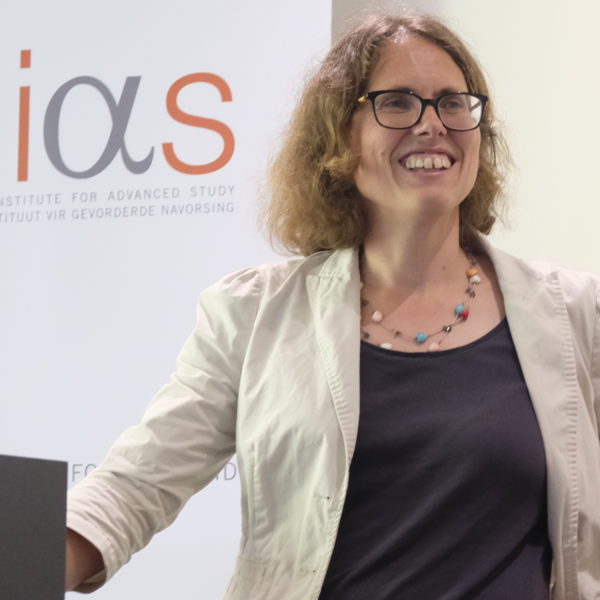Memory plays an important role in many real-life situations; in particular, it is obvious that remembering past experiences affects future choices. Psychological research supports the intuition that extreme events, on one hand, and recent events, on the other, are dominant in our memories (leading to the so-called “peak-end rule”). In a much more abstract context, theoretical physicists and applied mathematicians are increasingly interested in understanding memory effects in models of interacting particles. The novel idea of the project is to apply powerful mathematical tools from this latter framework to social/economic systems, illuminating the mechanisms involved in decision-making, and identifying other interdisciplinary scenarios where distorted memory may be significant.
Menu
Share this project:
Share on whatsapp
WhatsApp
Share on email
Email
Share on facebook
Facebook
Share on twitter
Twitter
Share on linkedin
LinkedIn
Is any information on this page incorrect or outdated? Please notify Ms. Nel-Mari Loock at [email protected].


